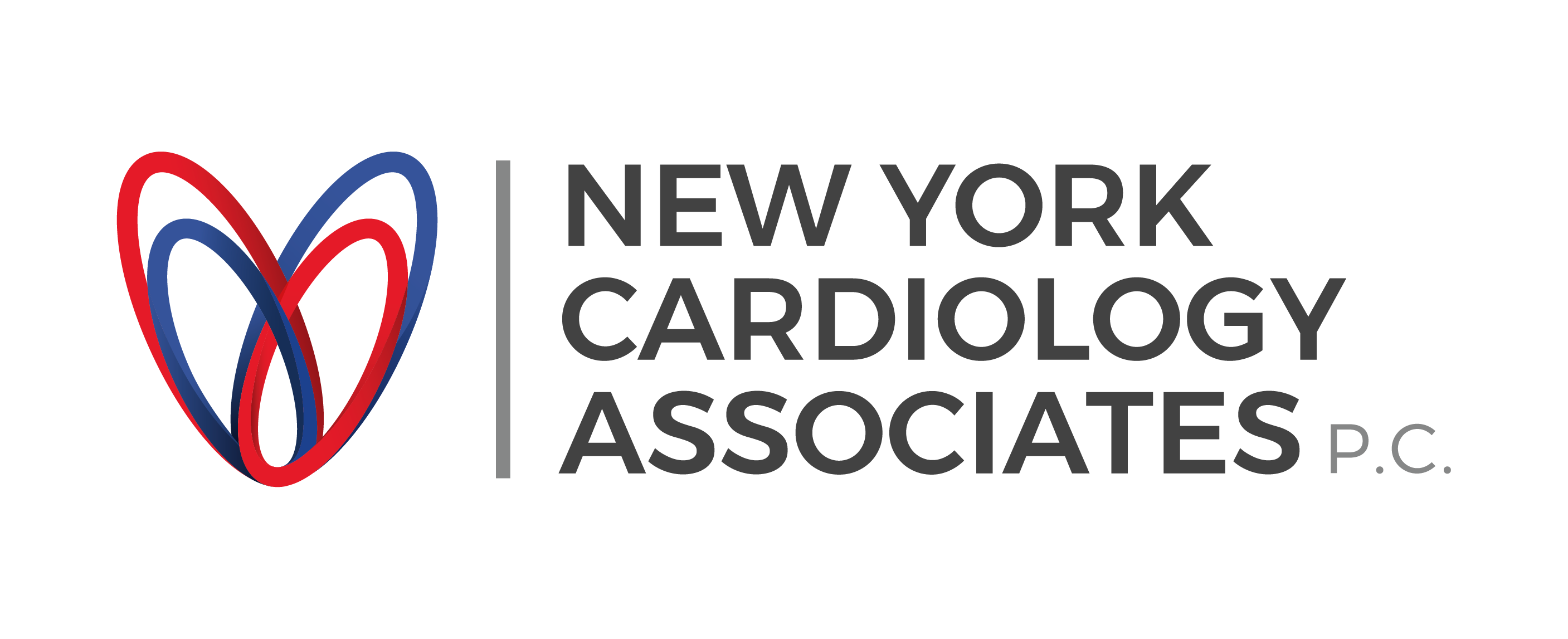
A stress echocardiogram assesses heart muscle strength and blood flow using ultrasound. Administered in two parts (resting and with exercise), the test measures blood pressure and heart rate to evaluate heart function under different conditions. The images help identify any areas of the heart muscle affected by insufficient blood or oxygen supply.

Results of the stress echocardiogram are helpful to the cardiologist in determining whether there is a problem with heart muscle strength and what that problem might be. They also help determine an appropriate new course of treatment or evaluate a previous one.
#5
Whether chambers of the heart are enlarged
#4
Whether the patient's heart function has improved after treatment
#3
Whether the patient is likely to have coronary artery disease
#2
How well the heart handles exercise (stress)
#1
How well the heart muscle and valves are working
The test is administered to patients whose heart health is in question or to evaluate ongoing cardiac treatment. Patients are candidates for a stress echocardiogram if they have been having chest pains or angina or have recently had a heart attack. They may also have the test as a requirement prior to heart surgery or before beginning an exercise program. The stress echocardiogram measures:
Before undergoing a stress echocardiogram, patients should ask their doctors whether it is necessary to temporarily stop taking certain medications prior to the test. Patients should refrain from eating or drinking for at least 2 hours before the test and wear comfortable, loose-fitting clothing to the procedure.
Preparing For A Stress Echocardiogram


Procedure
Before the stress echocardiogram, electrodes are placed on the chest, arms, and legs to record heart electrical activity. The patient, wearing a blood pressure cuff, undergoes the resting portion lying on the side with the left arm extended. The doctor uses an ultrasound transducer with gel for smooth movement, transmitting sound waves to the heart.
During the second part, the patient walks on a treadmill, with speed and incline adjustments every 3 minutes. The test lasts 5 to 15 minutes based on age and fitness. It stops at the targeted heart rate or due to fatigue, chest pain, or blood pressure changes. Results provide crucial evidence on how the heart functions under stress.
